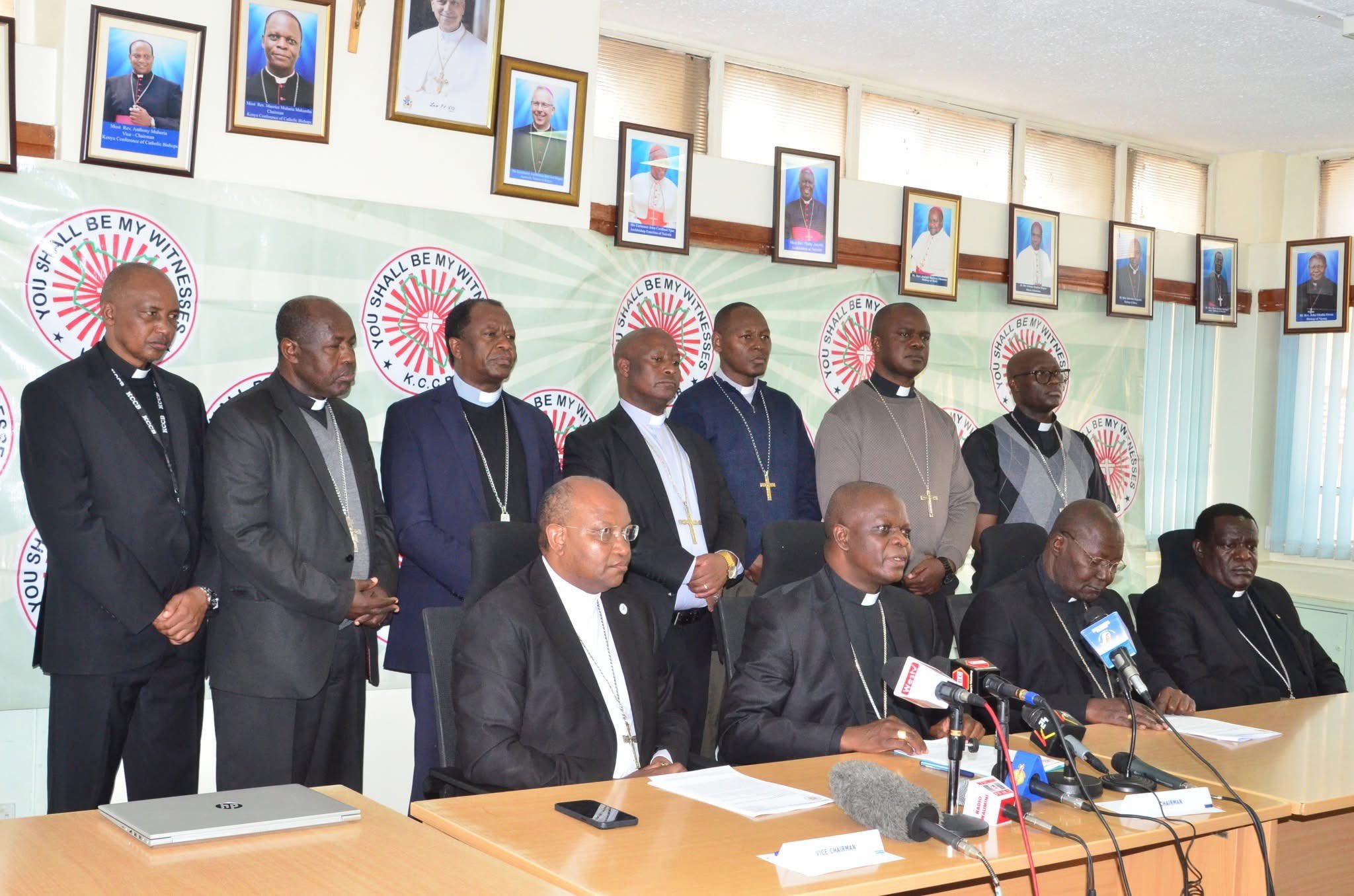
Brief: Revealed - Cost of Ruto church events
These are the stories making the headlines.
Tensions escalated further after the June 25 protests, where police gunfire killed at least 15 demonstrators.
In Summary

Since last year’s Gen Z protests, churches, once political allies, have increasingly condemned his administration, with some rejecting his financial support.
The Catholic Church notably turned down presidential donations in a symbolic rebuke.
Tensions escalated further after the June 25 protests, where police gunfire killed at least 15 demonstrators.
The bloodshed has intensified scrutiny of Ruto’s government and galvanised faith leaders into louder dissent.
In the aftermath, Kenya Kwanza administration leaders accused church leaders of inciting rebellion against the government.
Deputy President Kithure Kindiki on Thursday accused some religious leaders of encouraging the youth to cause unrest.
"I want to thank those churches and religious organisations that prayed for peace and urged our youth to demonstrate peacefully. I thank churches that were of that category,” Kindiki said.
"However, there are some churches that incited the young people, telling them that they are at liberty to do whatever they want. I want to ask those churches whether the chaos that we saw yesterday is what they were advocating for.”
Public Service CS Geoffrey Ruku reiterated this concern, saying bishops have a responsibility to ensure every issue that arises in the country is solved harmoniously.
“We cannot sit and look at our nation going to the dogs,” he said on Sunday.
“If our country is destroyed, the church and all of us will have no country. I get worried when I see a church and bishops saying let’s go there and protest. It can’t be like that.”
In response, National Council of Churches of Kenya general secretary Canon Chris Kinyanjui has criticised the politicians for attacking the clergy, terming it unfortunate.
“The church stands with the youth, who are simply calling for better governance,” he said on Tuesday.
“It’s unfortunate that whenever they speak out, they are being abducted or killed instead of being seen as the future of this nation.”
Earlier, Kinyanjui had expressed concern over the rising violence in the country, emphasising the need to protect young people and avoid further bloodshed.
Noting that the church would continue to stand in solidarity with Kenyans, Kinyanjui called for justice for those who have lost their lives and urged the government to compensate the affected families.
Just before the June 25 demos, Catholic Bishops had told the government that the youth deserve listening and support, not suppression.
In a statement, the bishops listed four concerns that the government and public institutions should act on.
They cited independent investigations and transparent accountability, as well as respect for the rule of law.
Another issue was protection of civic voices and human rights defenders.
Finally, governance by fear or intimidation, they said, must give way to empathetic, consultative and service-driven leadership and open channels of meaningful dialogue.
They said the current governance culture sidelines the majority, public resources are misused and questioning or honest civic expression is met with brutal hostility.
“The space for alternative or dissenting views, dialogue and accommodation, is shrinking quickly,” they said.
“It is in this light that we, as your shepherds, are compelled to speak out in the spirit of truth, compassion and justice.”
Rev Teresia Wairimu on Sunday condemned politicians who may have paid goons to go to the streets.
This came against the backdrop of accusations of state-funded goons used to disrupt the demos.
Rev Tony Kiamah said he is convinced “beyond any reasonable doubt” that if all bishops unite and declare enough is enough, the killings would end.
However, Rev Kiamah regretted that some clerics have been compromised through “brown envelopes” and cannot criticise the government.

These are the stories making the headlines.